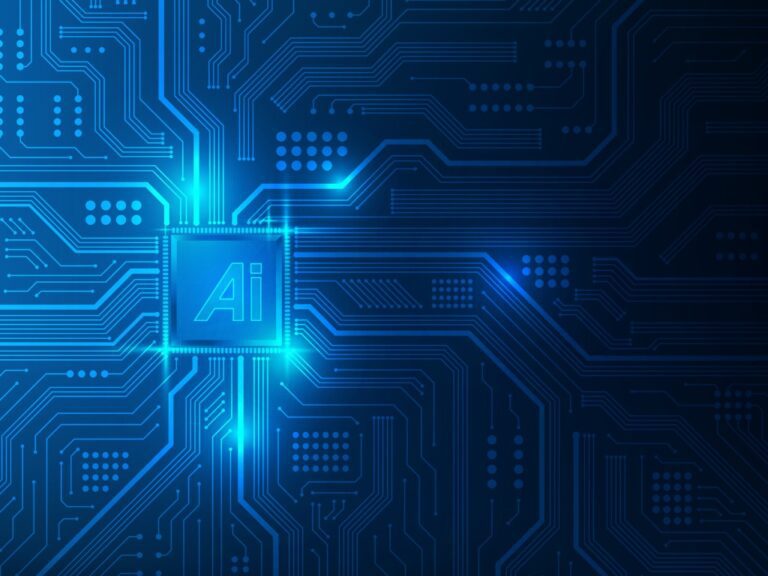Chief Justice John Roberts Jr. Addresses the Role of Artificial Intelligence in the Legal Profession
January 5, 2024

In his year-end report, Chief Justice John Roberts Jr. addressed the impact of artificial intelligence (AI) on the legal profession, expressing confidence that AI will not replace human judges entirely, according to a LawNext article by Bob Ambrogi. Chief Justice Roberts acknowledged the transformative nature of technological changes but emphasized that machines cannot fully replace key actors in court.
Drawing a comparison to professional tennis, where optical technology has replaced line judges, Roberts highlighted the nuance in legal proceedings that requires human judgment. Factors like body language, tone of voice, and subtle cues play a crucial role in courtroom decisions, aspects that AI may struggle to interpret accurately.
Roberts predicted that AI will significantly affect the judiciary, particularly at the trial level. He acknowledged positive impacts, such as AI assisting in resolving cases, making the legal process more just, speedy, and cost-effective. Additionally, he noted that AI could enhance access to justice for those who cannot afford legal representation by providing tools for basic legal processes, like filling out court forms.
While recognizing the historical adoption of technology in the federal courts, Roberts highlighted the latest technological frontier—artificial intelligence. He acknowledged AI’s potential in legal research and ability to perform well on law school and bar exams. However, he also cautioned about potential issues, including AI’s tendency to hallucinate, the risk of compromising client information, and concerns about due process in criminal cases.
Roberts concluded his report by recognizing the importance of information systems professionals and technologists who support the courts in adapting to technological advancements. He emphasized the collaborative role of humans and technology, acknowledging that the legal profession relies on skilled individuals to navigate the challenges and opportunities presented by AI.
Get the free newsletter
Subscribe for news, insights and thought leadership curated for the law firm audience.




